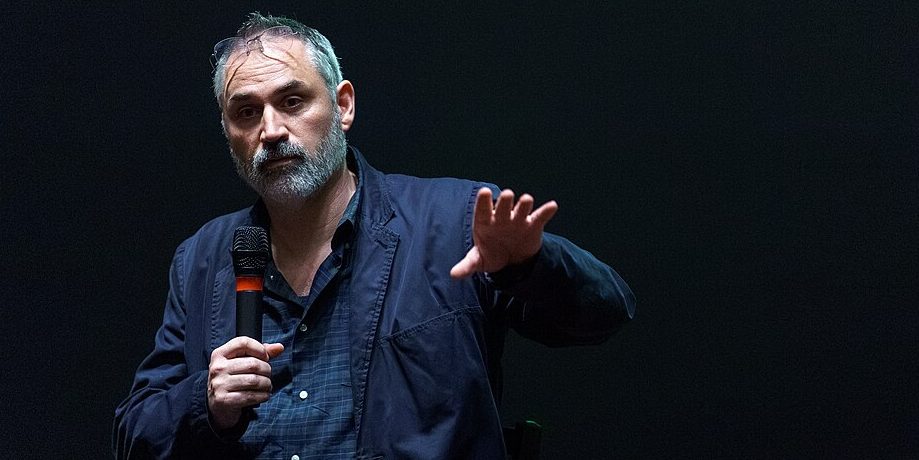Civil War: A new take on the war film genre
The latest film by British writer-director Alex Garland, Civil War, proves to be a highly powerful drama centred on the photography of war. War photography has not been the true focus of many films to date apart from throwaway segments such as in Full Metal Jacket (1987). Garland uses the subject of photography as a means of ‘bringing war home’ to the Western world within the context of a civil war in the USA.
Instead, we are given a picture that seeks to bring war home by making us as a Western viewing audience consider what it would actually be like if we were greeted with conflict on our literal doorstep.
As previously mentioned, this film takes place in contemporary America undergoing a second civil war. The film patently takes place in a highly polarised seemingly post-Trump era; however, these elements are by no means a focus of the film. Going into it, I was personally concerned this film was going to be yet another piece of media crediting the Trump movement as rupturing America in two. This is a highly important issue to be highlighted, but one that has already been covered many times. Instead, we are given a picture that seeks to bring war home by making us as a Western viewing audience consider what it would actually be like if we were greeted with conflict on our literal doorstep. I was very impressed by the way the film was so effortlessly able to take those military set pieces we were so recently used to seeing on our news screens or in films depicting US intervention in the Middle East such as downed Black Hawks or snipers on rooftops. Instead of the cities of Kabul or Baghdad, this film transposes these set pieces onto golf courses, skyscrapers and right in Washington DC itself.
The performances here are stunning and drenched with the gritty realism that further enshrines for the viewer that this is very much our world, and this could very well be happening here. Kirstin Dunst leads as Lee Smith, a highly motivated and acclaimed war photographer who often lets her obsession for the perfect shot endanger her and those around her. As the film progresses, the viewer will be left questioning whether her morals are quite as straight as they previously appeared. The team around her includes Wagner Moura, who is someone seemingly in the war photography trade for fame, and Cailee Spaeny (fresh off Priscilla), an amateur photographer wishing to emulate Dunst who undergoes a startling metamorphosis as the film proceeds. As seems tradition by this point, Jesse Plemons, Dunst’s husband, appears in a chilling cameo.
As the film proceeds and our characters become caught up more intimately in the military aspect of the ensuing civil war, we get a greater grasp of all the motivations behind these characters. Garland does a fantastic job at directing the music and cinematography to these ends. One criticism here would be that as the film enters its final act it becomes intensely dominated by shootouts and loud action which detracts from the ability to dwell on the characters. However, all of this culminates in a stunning last five minutes.
For me, Civil War represents a very strong entry into Garland’s filmography. A much stronger entry than his previous film Men (2022), a heavily polarising psychological horror film. Civil War represents a departure from the sci-fi that has dominated his directorial career so far, presenting a boldness and confidence that Garland truly can pull off different genres. Consequentially, this film is highly recommended for anyone wishing to find a unique take on war films that are filled with immediacy and relevance to us today.

Comments (1)
Great film but they really think it will go that way sometimes the bad guys win. We are already in one- politically- mass shootings etc.